British Council Newton Fund Workshop on ‘Inclusive Urbanisation’
21/01/2016
Apologies for cross-posting but this upcoming British Council-Newton Fund workshop will hopefully be of interest to list members at UK or Brazilian institutions.
URBAN DIALOGUES: CREATING INCLUSIVE URBAN SPACES IN UNCERTAIN GLOBAL TIMES
UK coordinator: Dr Sarah Ayres (University of Bristol, UK)
Brazilian coordinator: Professor Clélio Campolina Diniz (Federal University of Minas Gerais, Brazil)
Dates and venue: 3-6th May 2016 at Center for Regional Development and Planning at the Federal University of Minas Gerais, Belo Horitonte, Brazil
Workshop details:
This workshop will explore the construction of inclusive urban spaces in uncertain global times. One of the major impacts of the global economic crisis is the way it has deepened inequalities at a time when the state’s capacity for public intervention to tackle inequality has diminished. These developments raise questions about what forms of governance step in when the state withdraws and how urban policy can be developed to reflect the interests of all. To address these issues further research is needed to evaluate the opportunities and challenges ahead. There is a need to reflect on the usefulness of previous urban development approaches and explore the potential for alternative structures in both established (UK) and emerging (Brazil) economies. This multi-disciplinary workshop will promote scientific excellence and international collaboration in the field of urban governance with a view to informing future policy in a way that will enrich the lives and wellbeing of all those living in cities.
The workshop is being coordinated by Dr Sarah Ayres (University of Bristol, UK) and Professor Clélio Campolina Diniz (Federal University of Minas Gerais, Brazil) and will have contributions from other researchers, including Professors Roberto Luís de Melo Monte-Mór and Heloísa Soares de Moura Costa (Federal University Minas Gerais, Brazil), and Dr John Harrison (Loughborough University, UK) and Dr Stephen Hincks (University of Manchester, UK).
The workshop will provide a unique opportunity for sharing research expertise and networking. During the workshop early career researchers will have the opportunity to present their research in a multi-disciplinary setting and discuss this with established researchers from the UK and Brazil. There will be a focus on building up links for future collaborations. Participants will be selected on the basis of their research potential and ability to pursue longer term research partnerships.
Available funding:
The British Council and Fundação de Amparo à Pesquisa do Estado de Minas Gerais (FAPEMIG) will cover the costs related to the participation to the workshop, including accommodation and meals and will provide travel and visa expenses up to £1000 (for UK participants) and £250 (approximately 1400 Brazilian Real for Brazilian participants).
Application and Deadline: The full application from must be completed and submitted by Friday 19th February 2016 to newton-2016@bristol.ac.uk. Full details about the workshop and the application form can be found here:
Eligibility Criteria:
– Applications must be submitted using the Researcher Links application form
– Applications must be submitted before the above deadline
– Participants must be early career researchers: Early Career Researchers are defined as holding a PhD (or having equivalent research experience) and having up to 10 years post-PhD research experience.
– Participants must have a research or academic position (either a permanent post, research contract, or fellowship etc) at a recognised research institution either in the UK or in Brazil.



